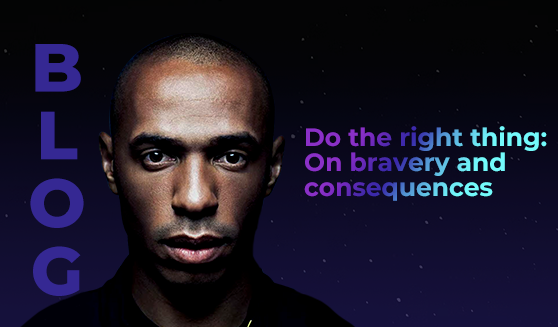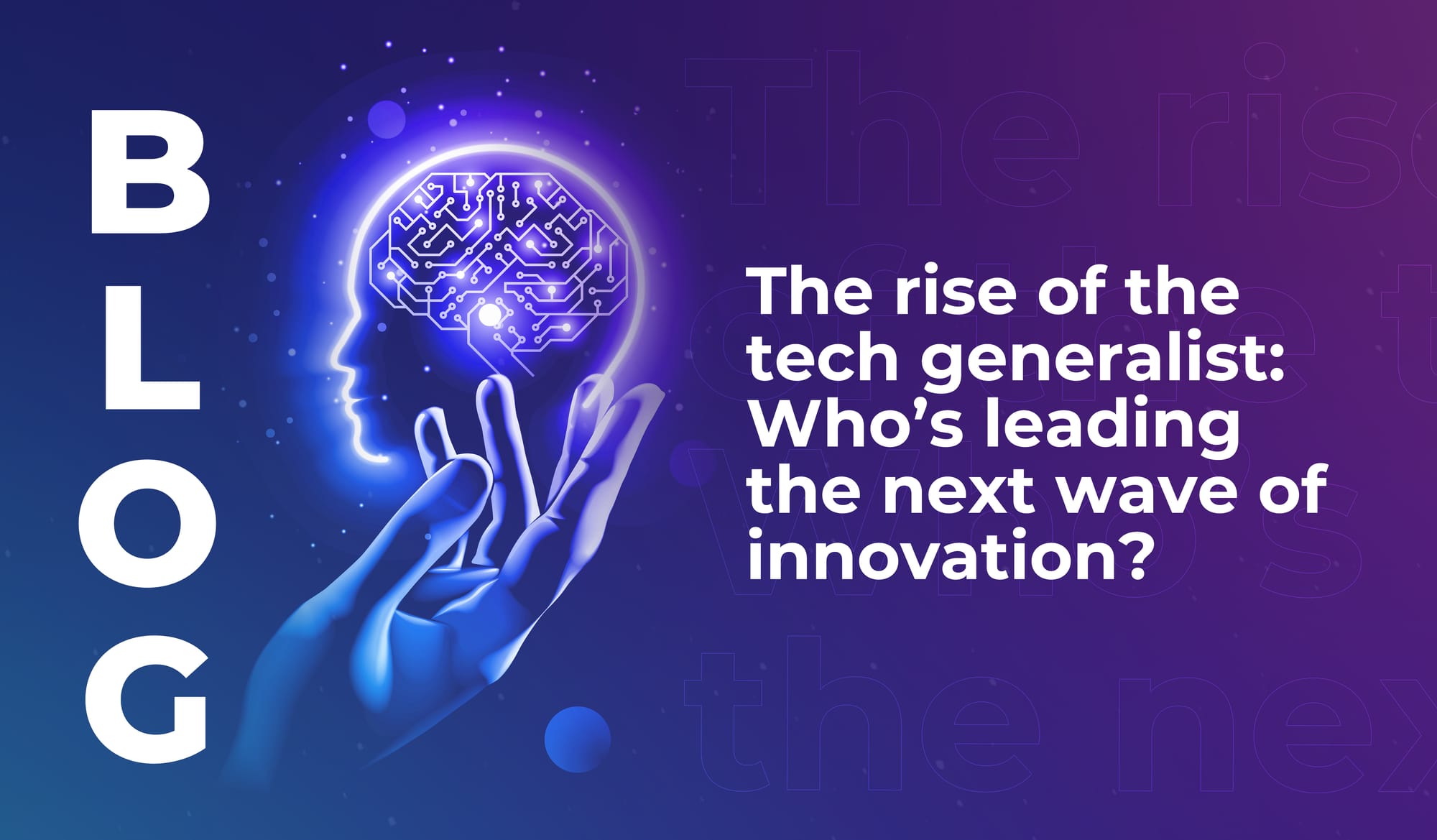
“Well, you’re a bit braver when people can’t see you,” said Thierry Henry (Football Legend and Tech Investor) at #LEAP23.
He was answering a question from presenter Isabelle Kumar about whether the growing problem of online abuse is, in a nutshell, because social media has magnified hate that already existed – just on a smaller, direct, one-to-one scale.
The bravery that people feel online, Henry pointed out, comes down to anonymity. And this can be a really good thing; it can enable individuals to have important conversations they might not have the confidence to have IRL. It gives communities a platform on which they can shout about political and social injustice, without fear of consequences.
But just as social media lets you do good things without negative consequences, it also lets you do bad things. We’re all human – and consequences are central to shaping our behaviour.
The power of walking away
Henry quit social media in March 2021. Following their Euro 2020 defeat, players of colour on the England football team had been the victims of vicious and ongoing abuse.
“The sheer volume of racism, bullying and resulting mental torture to individuals is too toxic to ignore,” Thierry wrote in a Tweet when he decided to step away – and he hasn’t been back since. Kumar asked what triggered this resignation from online life, and he said:
“I was sitting at home and things were happening with the English players getting abused. [But it’s] not only athletes, people get abused regularly. I was like, what can I do? In my mind I can do very little; am I in a position to change the rules of social media? Am I in parliament? I’m not, so what can I do to make an impact?”
By quitting social media platforms, Henry hoped to spark a discussion; “maybe people are going to ask questions, ask me questions, and talk about it – raise a point and make people aware that this shouldn’t be happening.” Because we all suffer from online abuse, whether we’re victims of it ourselves, or whether it gets into our psyche and influences our understanding of the world – simply because we witness it happening every day.
Using bravery to do the right thing
Online abuse and cyberbullying is on the rise. It’s a major concern for parents, particularly as research shows children are now spending 20% more time on social media than they were before the COVID-19 pandemic. In the US, 21% of children in a study by security.org had been cyberbullied; and as of January 2020, 44% of all internet users in the US said they’d experienced online harassment.
According to data from the CDC, suicide was one of the top four causes of death for people aged between 10 and 44 in 2020. And a 2022 study by the Lifespan Brain Institute found that being a victim of cyberbullying correlates with an increased incidence of suicidal thought – suggesting that online abuse could be driving the rise in young suicide.
This is a problem that needs to be addressed on a big scale: by governments and by the corporations that develop and maintain social media platforms. And simultaneously, on a smaller scale, every internet user has a responsibility to use the bravery that comes from digital anonymity for good – and not use it to hurt others. This is, of course, easier said than done.
Henry has removed himself from social media, but he’s not removing himself from the conversation. Together with his sponsor, PUMA, he launched an initiative on collaborative global action platform Game of Our Lives called Highlight the Hate, Action the Love – and so far, this initiative has gathered 2000 volunteers in the UK who offer their time to answer calls and messages from people who are struggling with depression or suicidal thoughts as a result of cyberbullying.
“What they’re doing is just being there,” he said of the volunteers, “that’s what you need sometimes when you’re struggling.”
Having someone to call is a hugely positive step to help mitigate the devastating impact of online hate – but it won’t prevent it. So while the world grapples with rebalancing social life in our new digital landscape, what can you do if you’re affected by bullying online?
“It’s simple for me,” Henry said; then, “I say it’s simple, but it took me 40 years to talk about my emotions, about my problems. Because I thought I would be seen as soft because I cry or because I hurt or because of whatever it is. Just talk. Open up. Talk to people, let them know, share. If you keep stuff for yourself it’s not going to end well. That’s the best advice I can give.”
“Vulnerability is definitely a strength. Never a weakness.”








